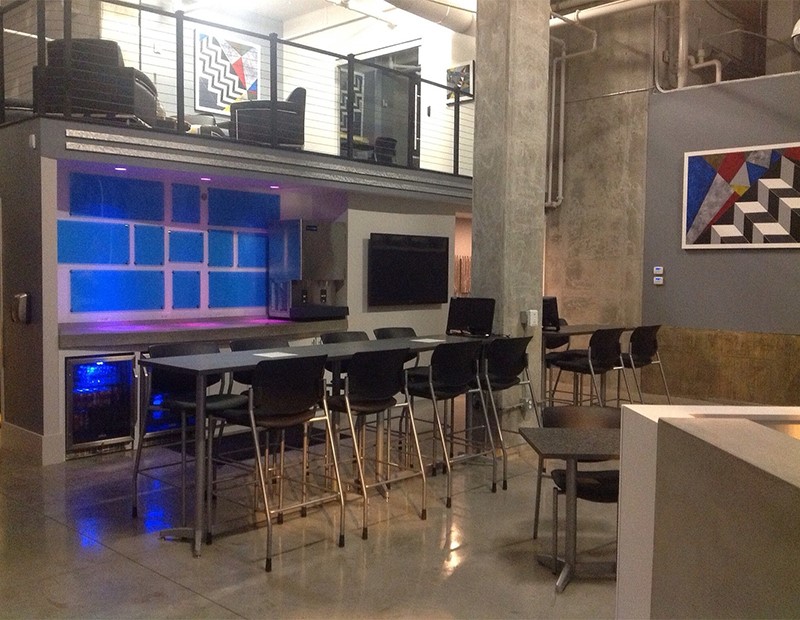Coworking Outlook Positive, JLL Finds
The fallout from COVID-19 will pave the way for the sector's rebirth as a multifaceted office offering.
The burgeoning flexible-space market had begun to slow in growth before the global pandemic, but now the niche office sector is set for a renaissance, according to JLL’s new report, The Impact of COVID-19 on Flexible Space.
READ ALSO: Flex Office Sector Shows Signs of Bouncing Back: Q&A
“Despite the current distress within the coworking sector, we’re reiterating our position that office space will be fundamentally different in the future, as companies shift away from long-term leased and owned space to more agile solutions,” Scott Homa, JLL’s senior director of office research, told Commercial Property Executive.
A sector within a sector, the flex office market is quite diverse, consisting of on-demand workspaces, coworking memberships, short-term flexible spaces and traditional space consumed flexibly. However, no part of the overall office sector has gone untouched by the stay-at-home and shelter-in-place orders.
In the immediate future, coworking companies will have the most difficult challenge, with freelancers and start-up employees working from home, and large corporations relinquishing coworking memberships as a savings measure. However, flex-space operators that offer a hybrid model consisting of long-term commitments to private office space as well as coworking options are better positioned to survive the downturn.
Reentering the workspace
In the medium term, once the workforce begins to return to the workplace, flex-space operators will have to be prepared to accommodate tenants operating in the “next normal” environment. Tenants will seek out flex space as a quick and easy answer to securing smaller satellite offices. Additionally, portfolio owners contending with economic uncertainty will reduce holdings and turn to short-term flex office as part of their cost-saving strategies. And other struggles are on the horizon for investors.
“Owners will have a growing challenge on their hands in the months ahead, as venture-funded coworking companies continue to default on rent payments in some locations,” Homa noted. “This will force important decisions among landlords about how to respond and spur continued evolution of the flexible space sector, most notably in the financial structure of deals—fewer long-term leases and more revenue-share/management agreements.”
The office of tomorrow
According to the JLL report, the pandemic-induced experiment in remote working has turned a spotlight on the need for the office to serve as a communal space that can promote collaboration, foster innovation, accentuate company culture and support high-performing teams. In the long term, the traditional workplace, as it has been known, will morph into a multifaceted offering centered on flex space.
“Despite the current distress within the coworking sector, we’re reiterating our position that office space will be fundamentally different in the future, as companies shift away from long-term leased and owned space to more agile solutions,” said Homa. “COVID will accelerate a movement toward asset-light workplaces, where work-from-home and remote work blends seamlessly with the corporate office. Even with some coworking operators shrinking their footprints, we still believe 30 percent of office space will be consumed flexibly by 2030.”
Permanent transformation is inevitable for the conventional office sector, and winds of change are already afoot. “With macro market conditions softening given rising sublease space, falling net effective rents and limited preleasing at new developments, tenants will possess more leverage,” Homa explained. “Demand for agility will force traditional landlords to evolve and be more accommodating, including building out spec suites and offering shorter lease terms to meet the demands of the marketplace.”









You must be logged in to post a comment.